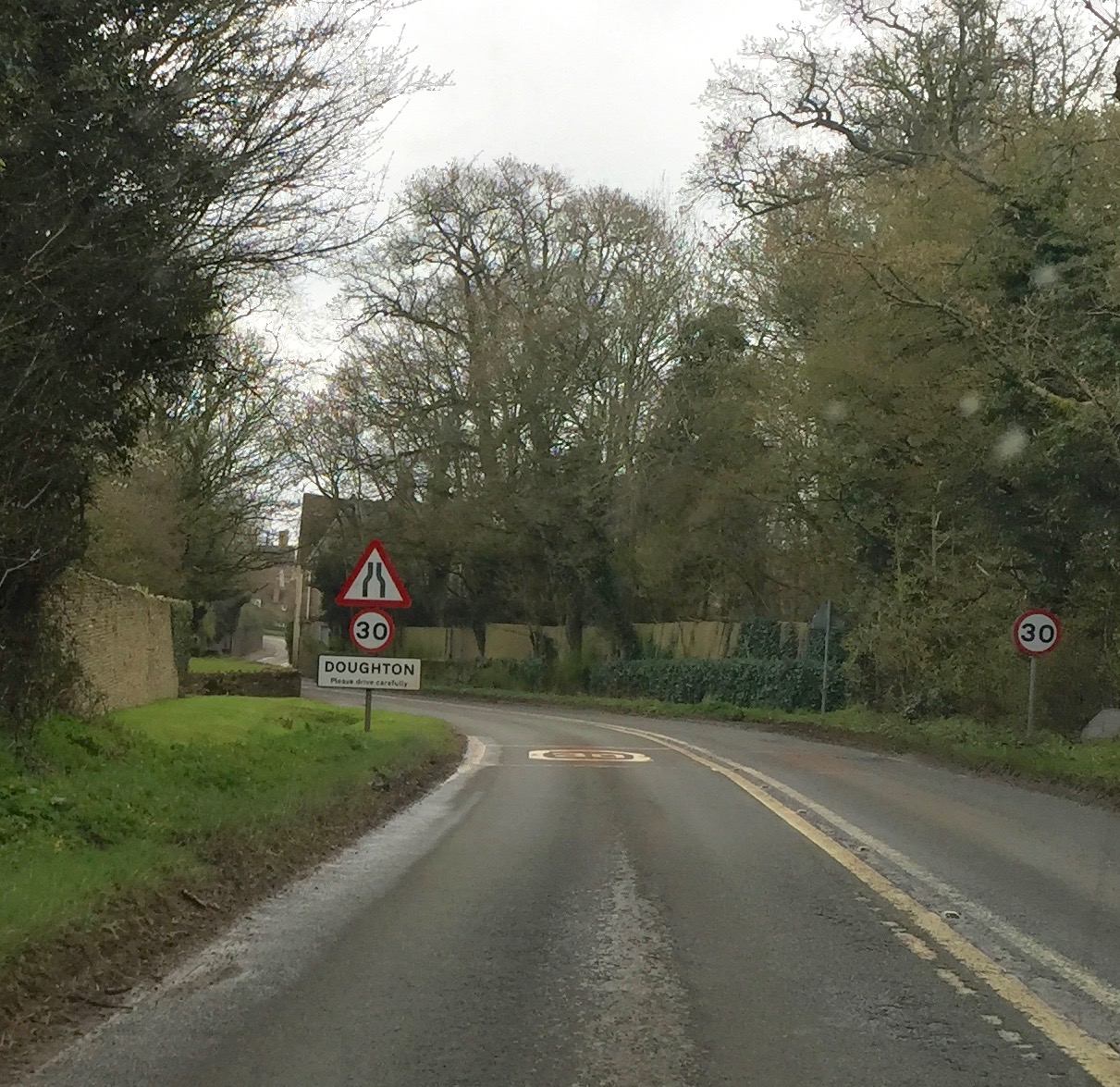In the aftermath of Harvey’s unprecedented flooding of Houston this month, cartoons and soundbites have portrayed the flood victims as being punished 1) for voting for Trump or being alt-right Nazis, or 2) for Houston having a gay mayor (recently, not currently).
Other vicious social media posts have scorned Joel Osteen for not immediately opening Lakewood church to flood victims, and Mayor Turner for not ordering Houston to evacuate.
Watching with a bit of Inner Peace it seems a big slice of humanity is hell-bent on judging others. From the far right, from the far left and probably from the middle as well.
Judgment knows no politics.
Hey, I’m susceptible to judging myself. It can feel satisfying, self-righteous, and just plain good. For the moment. But I’m convinced there is a delayed hangover headed our way after we indulge in a frenzy of judgment. Call it karma if you like.
The Fruit of the Tree of Knowledge — of Good & Evil
I’m not a Bible scholar nor a born-again Christian. But my dad, a lapsed evangelical, quoted the Bible and Shakespeare about equally when I was growing up. Some of those scriptures stayed with me, and others I’ve discovered on my own. Here’s one that I find astonishing still: The Garden of Eden story.
Genesis tells us that Adam and Eve ate the fruit of the Tree of Knowledge of Good and Evil.
Not the Tree of Good and Evil. The Tree of the Knowledge of Good and Evil.
Prior to eating that fruit, presumably, Eve and Adam did not discern between good and evil. All things just were so.
After that, they became aware of their nakedness, and left that perfect place of peace and abundance.
What changed? They became aware of Good. And of Evil.
The One with Knowledge of All Things
I’m sure fundamentalists will condemn my views, but what they think of me is none of my business. Here’s how I see it: the Garden of Eden story is about humans learning to judge – this is good, this is bad. In the Garden, only God judges. Not because he’s the Big Guy in Charge of Everything, but because He/She/It is the only one with the Knowledge of All Things.
We, as individual humans, only have the knowledge of one person. Or maybe a group. But not the Great Seeing that the Divine Being has.
So of necessity, we judge poorly. We judge wrong. We judge cruelly, mistakenly, heartlessly. All the time.
It’s not our job.
Another profound Scripture is “Judge not, lest ye be judged.”
So fast forward to this week. We are seduced into buying the latest judgment of a public figure, a person who ended up in the public eye, a person of another political party/race/color/religion/point of view.
The Weapon to Keep the Miracle Away
Judge not, lest ye be judged.
A Course in Miracles says, unequivocally, “Anger must come from judgment. Judgment is the weapon I would use against myself, to keep the miracle away from me.”
“To keep the miracle away from me.” Say what?!
That’s not my intent. I can use all the miracles I can get.
One year I learned what it was like to judge others. A lot of others. Caught up in a year-long marriage to a man who judged people right and left, I found myself joining him. It was either that, or he’d leave me. And hey, I could see his point. He probably was right anyway. So, I judged also. With him goading me, I judged this person for being dysfunctional, this person for being enmeshed, this person for being inappropriate.
It was the most miserable year of my life. I alienated my family and friends right and left. I ended up isolated and alone with him, and eventually afraid for my safety. I kept making secret plans to apologize “when this is over.”
I finally did leave, and I apologized to my loved ones with tears and chagrin. They forgave me, my relationships mended and I started over.
Whenever I’m tempted to judge I remember that year; I remember where judging takes me.
Judgment takes me into isolation. Into anger. Into self-righteousness. Judgment takes me into a place where there are no miracles, only sadness.
Our whole country is dangling on the edge of judgment daily. Left judging right, and vice versa. White judging color and vice versa. And more.
“Put her in the stocks!”
It’s a regular occurrence to publicly shame someone who has behaved poorly. Or worse, whom we believe has behaved poorly. How is this different than the stocks in the public square of old?
Brené Brown, best-selling author and shame researcher, says we resort to shaming when accountability has failed us.
Wow! That’s the tip of a huge iceberg. Just to be clear, I’m not suggesting we don’t hold people accountable. I am saying the difference between holding a person accountable for unacceptable or illegal behavior, and shaming them, is comparable to the difference between a trial by a jury of peers, and a lynching.
I’m proposing that when I – or when you – see someone doing something we consider unacceptable and I’m momentarily outraged, that I stop.
I consider. Hmmm. Is there any part of me that does a perhaps milder version of that behavior? Is that something I should clean up on my own side of the street? No? or Yes?
Is it True? Is it Helpful? … and Does it Let Miracles Come to You?
Is it even true? Should I dig a little deeper and find out if they really did what I think they did?
Then, should I report them to the authorities? Should I share with an activist group I’m part of? Should I write a letter to the editor? Should I pray for them, and for the situation? Should I launch an investigation, start a group to respond to this? Or join a group already active in this area? These are appropriate actions to hold someone accountable.
Or should I post (or repost) a shaming comment or cartoon on social media? Should I rant with my friends and sparring partners about the situation? Should I spend the next few hours despising the person for what she/he did? These are primarily shaming actions.
Because I’m interested in drawing miracles into my own life, I’m sticking with the effort to give up judgment. I will do my part to hold someone accountable. I refuse to do shaming of another.
Back to the Garden
Here’s why. I don’t believe my judgment makes the world a better place.
I don’t believe my judgment brings that person to justice.
I don’t believe my judgment makes me right and another wrong.
And, most of all, I don’t believe my judgment can possibly know all the circumstances that led to the behavior I don’t like. Only God can know all those things.
I can and will do my part to hold another accountable, to bring a person to justice where needed. But while doing so I will remember that he or she is a human being, that judgment belongs to God, and that holding someone accountable does not include shaming them. I’m keeping my mind and my energy focused on miracles. Judge not, lest I be judged.
I’m stepping beyond Judgment Day. I’m making my way back to The Garden.


September 14, 2017
Beautiful thoughts, Linda. Thanks for the reminders.